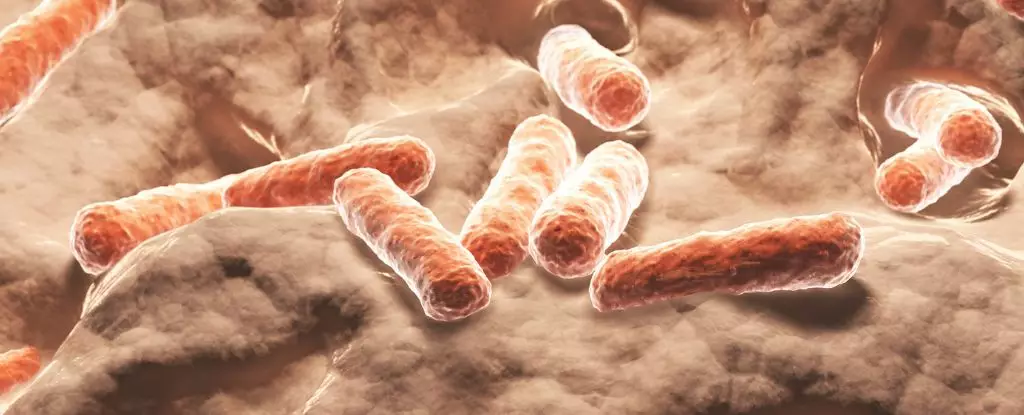Recent investigations in the realm of diabetes treatment have unveiled promising advancements that may allow for natural regulation of blood sugar levels and cravings, akin to the effects of pharmaceutical interventions like Ozempic. Research spearheaded by the team at Jiangnan University in China has illuminated the role of specific gut microbes and their metabolites, revealing a captivating interplay between these microorganisms and hormonal regulation in managing diabetes symptoms.
Emerging research substantiates the idea that gut health significantly impacts metabolic processes in the body. The identification of Bacteroides vulgatus, a notable gut microbe, suggests that enhancing its abundance could forge a pathway toward improved glucose regulation. This microbe is instrumental in promoting the secretion of glucagon-like peptide-1 (GLP-1), a hormone crucial for blood sugar management and satiety. Notably, diabetic individuals commonly experience diminished GLP-1 function, leading to erratic blood glucose levels, an issue that GLP-1 agonists, such as those found in Ozempic, aim to rectify.
The natural world provides myriad organisms with the potential to influence our metabolic pathways, and gut microbes have emerged as key players. This symbiotic relationship prompts researchers to question why similar physiological responses cannot be harnessed without the reliance on synthetic drugs, thereby highlighting the allure of exploring natural alternatives.
A critical component in this emerging story is the Ffar4 gene, which encodes a protein believed to regulate the presence of B. vulgatus within the gut. The researchers observed that a lack of this gene resulted in diminished populations of the beneficial microbe, subsequently leading to reductions in the production of FGF21, a hormone closely tied to sugar cravings. This linkage indicates that variations in genetic makeup could predispose individuals to heightened preferences for sugary foods and beverages.
The potential implications of this discovery are significant. Genetic variants associated with FGF21 production may serve as biomarkers for individuals who are more prone to cravings and ultimately, unhealthy dietary habits. With this understanding, targeted interventions, including dietary adjustments or microbiome-focused therapies, could be conceptualized to mitigate the impact of these genetic predispositions.
The multifaceted relationship between gut microbes and hormonal responses is further substantiated by the experimental approaches utilized by researchers. Enhancing the activity of B. vulgatus through its produced metabolites resulted in a demonstrable increase in GLP-1 secretion, creating a feedback loop that contributed to improved blood sugar regulation and reduced cravings. This is a pivotal finding, as it suggests that we might actively manipulate our gut microbiomes to achieve metabolic benefits without invasive treatments or reliance on pharmacological agents.
This concept is especially poignant for individuals managing type 2 diabetes, where dietary control and blood sugar regulation are crucial. Understanding that our gut flora can be tailored to support better glucoregulatory responses presents a potential paradigm shift in how we address dietary preferences and cravings.
As researchers delve further into the complex landscape of the gut microbiome, opportunities arise to develop innovative therapies that capitalize on our understanding of these interactions. Harnessing the power of gut microbes offers not just a novel avenue for treatment but also empowers patients with the knowledge to make informed dietary choices that support their health.
While the magic of pharmacological agents has revolutionized diabetes care, the exploration of natural alternatives rooted in our biological systems could lead to more sustainable and holistic approaches. Encouragingly, this research acts as a foundation upon which future studies can build, potentially leading to the development of personalized nutrition plans or probiotic interventions designed to optimize gut health and autonomy in managing blood sugar levels.
The link between gut microbes, hormonal regulation, and dietary preferences opens new doors in the prevention and treatment of diabetes. As we stand on the brink of a deeper understanding of these biological connections, it remains imperative to continue this line of inquiry for the benefit of future generations.


Leave a Reply